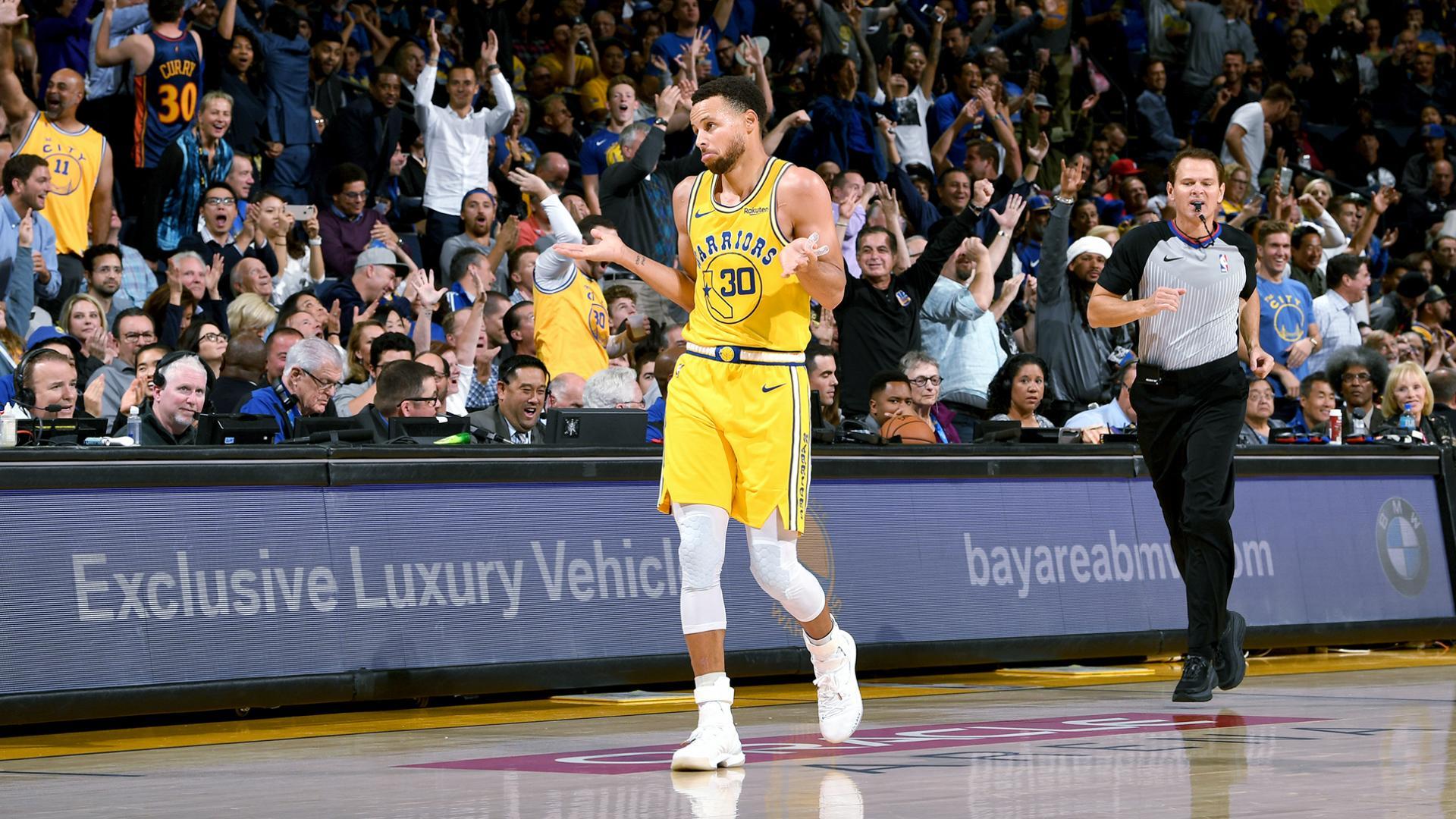The Rise of Virtual Sports: How Technology is Changing the Game

The sports betting world has seen a dramatic shift in recent years. While traditional sports remain popular, virtual sports have carved out their own space in the betting market. These computer-generated events run 24/7, offering non-stop action and new opportunities for both casual and serious bettors.
Virtual platforms offer fans the chance to engage with sports in new ways. Fans can feel like they are participating in a lucky game online that simulates real-life sporting events. Considering the growing popularity of this phenomenon, let’s explore it in more detail and discuss how technology is influencing the field.
What Makes Virtual Sports Different?
These matches combine advanced graphics, real statistical models, and random number generators to create realistic sporting events. Think of them as ultra-sophisticated simulations that mirror real-world sports, but with matches that take minutes rather than hours to complete.
The technology behind the virtual sports industry has come a long way from the basic animations of the early 2000s. Today’s virtual sports feature motion-captured athletes, detailed stadiums, and physics engines that make every movement look natural. Popular options include:
- Virtual soccer matches
- Horse and greyhound racing
- Tennis tournaments
- Basketball games
- Motor racing events.
The Technology Stack
Such events rely on three key components:
- Random number generators (RNG): These ensure fair and unpredictable outcomes for each event.
- Statistical modeling: Real-world data from thousands of actual sporting events shapes the probability calculations.
- Graphics engines: Advanced 3D rendering creates lifelike visuals that rival video game quality.
Benefits for Bettors

Virtual sports offer several advantages over traditional betting:
- Round-the-clock availability: No more waiting for game day. These events run continuously, letting you place bets at any time that suits you.
- Quick results: While a real football match takes 90 minutes plus stoppage time, simulated matches wrap up in about three minutes. This quick turnaround means faster payouts and more betting opportunities.
- Weather-independent events: Bad weather plays no role here. They continue running regardless of real-world conditions, which makes them reliable options for both operators and bettors.
- Transparent odds: The mathematical models behind these games create clear, consistent odds. This transparency helps bettors make informed decisions based on pure probability rather than complex external factors.
Market Growth and Future Prospects
The virtual betting market has shown impressive growth, particularly during times when real-world events were limited. According to industry data, virtual sports now account for roughly 20% of some major bookmakers’ revenue. Several factors point toward continued expansion:
- Improved mobile betting platforms
- Better graphics and more realistic simulations
- Integration with traditional sportsbooks
- Growing acceptance among younger bettors
- Development of new virtual sports varieties.
Smart Betting Strategies
Success in virtual event betting requires a different approach compared to traditional betting:
- Understand the RNG: Remember that each event is independent. Previous results don’t influence future outcomes, unlike real sports where team form and momentum matter.
- Focus on statistics: Study the probability models used by different providers. Some virtual sports have higher variance than others, which affects betting strategies.
- Manage your bankroll: The rapid pace of virtual events makes strict bankroll management essential. Set clear limits and stick to them.
- Track your results: Keep detailed records of your bets to identify which virtual sports and bet types work best for you.
Looking Forward
Virtual sports represent more than just a technological advancement in betting — they’re reshaping how people think about bets in general. As graphics continue to improve and new features emerge, we’ll likely see even more innovative developments in this space.
The next wave of improvements might include:
- Virtual reality integration
- Customizable events
- More sophisticated AI-driven outcomes
- Social betting features
- Enhanced live streaming options.
Final Thoughts
Virtual sports have earned their place in the betting industry by offering something unique: consistent, always-available action with transparent odds. While they won’t replace traditional sports betting, they’ve become a valuable addition to the market.
For bettors willing to learn the differences between betting on virtual and traditional events, these tech-driven options open up new possibilities. The key is approaching them with the right mindset and understanding that they’re a different product with their own rules and strategies.






